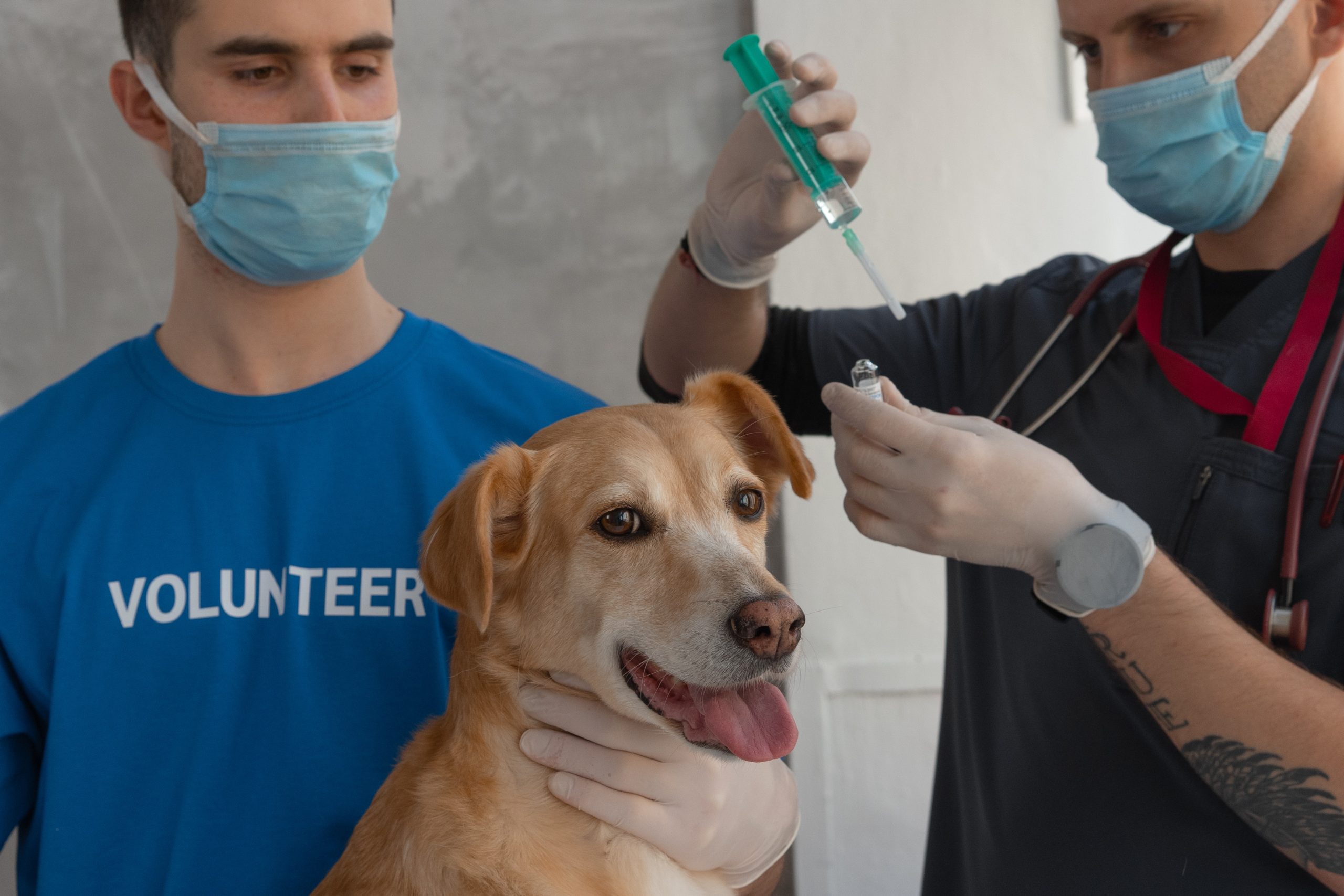As our beloved four-legged friends mature, so do their healthcare needs. With age comes new challenges and more frequent vet visits. Understanding the intricacies of elderly pet care, understanding common health conditions, and adapting to these changes can help you ensure your venerable companion enjoys golden years filled with love and good health. So, how often should your aging pet see a veterinarian?
Frequency of Vet Visits for Aging Pets
The initial stages of aging call for semi-annual vet visits. If they have no pre-existing conditions, that’s the bare minimum. These routine checkups include a comprehensive physical examination and geriatric cat care for felines, encompassing a history review, vital sign checks, head-to-tail physical examination, and vaccination updates. The same applies to dogs, albeit the care set is somewhat different.
However, it’s the geriatric screenings that are critically important for aging pets. These screenings involve blood work, urinalysis, fecal tests, parasite tests, heartworm checks, and others rooted in genetic predisposition. These screenings are essential as they help detect progressive diseases in their early stages, thus ensuring timely intervention, symptom management and possibly prolonging your pet’s life significantly.
Understanding Your Aging Pet’s Health
Aging pets often develop various health problems. Below are some common health conditions you should look out for:
Arthritis
Arthritis, a degenerative joint disease, affects a significant number of aging pets, causing them pain during movement.
Kidney disease
Kidney disease often presents as increased thirst or urination in pets, indicating that the body’s natural toxin filtration system may be impaired.
Cancer
Often silent until the later stages, cancer is relatively common in aging pets. Regular vet checks, including blood work and scans, are crucial for early detection and intervention.
Hearing loss
Note any changes in your pet’s response to commands or the surrounding noise — this could indicate progressive hearing loss due to vestibulocochlear nerve degeneration.
Cognitive Dysfunction
Neurological changes leading to behaviors similar to human dementia occur in an aging pet. Cognitive dysfunction is, unfortunately, a common problem as pets grow older.
Dental Diseases
Years of tarter and plaque buildup can degrade a pet’s oral health, leading to diseases such as periodontal disease and gingivitis. Regular dog dentist checkups can ensure healthy teeth and gums.
Heart Disease
Another silent killer, heart disease, often goes unnoticed until a pet develops a pronounced heart failure. Regular check-ups are crucial for early detection and timely intervention.
Adapting to the Needs of Your Aging Pet
With age, your pet’s needs change too. This includes dietary modifications to ensure balanced nutrition, mental stimulation for cognitive health, and home adaptations for managing mobility issues. Regular vet check ups are paramount to monitor these changes and tailor care plans accordingly. A vet can provide necessary guidance on dietary supplements beneficial to joint health, brain function, and more.
Practical Considerations for Pet Parents
Adapting to your pet’s aging process also includes ensuring regular vaccination updates, toenail trims, and monitoring your pet’s water intake – excessive thirst can be an early sign of certain diseases like diabetes or even kidney disease.
Cost of Veterinary Care for Aging Pets
With frequent vet visits and increased testing, caring for an elderly pet can be costly. A standard office visit can range from $50 – $200, a geriatric screening can cost $85 – $115, a complete blood work panel approximately $180 and more depending on where you live and the veterinarian you choose.
Options like pet insurance can help offset some of these costs, providing peace of mind that you can always provide the best possible care for your aging pet.
Conclusion
Adapting to the changes as your pet ages is the key to ensuring their twilight years are comfortable and happy. Regular vet visits, early detection of age-related issues, dietary changes, and more can help make this process smoother. Your pet’s golden years can truly be golden with the right care and plenty of love.




